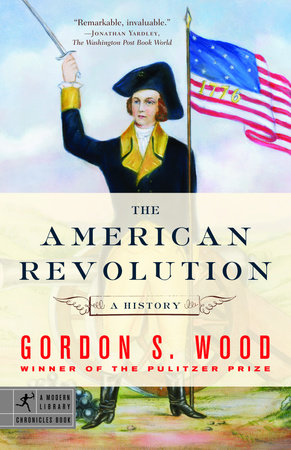Category Archives: War
WISE WORDS FROM PRESIDENT BUSH ON 9/11/21
It would be a mistake to idealize the experience of those terrible events. All that many people could initially see was the brute randomness of death. All that many could feel was unearned suffering. All that many could hear was God’s terrible silence. There are many who still struggle with a lonely pain that cuts deep within.
Many of us have tried to make spiritual sense of these events. There is no simple explanation for the mix of providence and human will that sets the direction of our lives. But comfort can come from a different sort of knowledge. After wandering long and lost in the dark, many have found they were actually walking, step by step, toward grace.
(Emphasis mine and sounds like it was inspired by Lincoln’s Second Inaugural!)
TWILIGHT OF THE AMERICAN CENTURY
WORLD WAR I IS NOT OVER!
In his memoir, My Early Life (1930), Winston Churchill drew attention to the estrangement of his society from the legacy and the values of the past. He observed:
“I wonder often whether any other generation has seen such astounding revolutions of data and values as those through which we have lived. Scarcely anything, material or established, which I was brought up to believe was permanent and vital, has lasted. Everything I was sure, or was taught to be sure, was impossible has happened.”
Terrific essay and full of far-reaching implications:
https://www.spiked-online.com/2018/11/08/the-first-culture-war/
I interviewed Joe Loconte on his terrific book. You can find it here: http://www.patheos.com/blogs/jesuscreed/2015/10/03/tolkien-lewis-loconte/
Now the book has been made into a documentary. Wonderful to see!
SADNESS AND RESILIENCE DURING WAR
I spent the summer of 1986 in the former Yugoslavia. It was a transforming experience. Our missionary team started in Sarajevo which was hit hard during the war. I cried when I saw this:
DEFIANT DIGNITY
GREAT RESOURCE ON AMERICAN HISTORY
My general rule that so far holds up is this: Take the total number of pages of a book and divide by two. If my marginal notes exceed that number, then the book, though I may have some serious disagreements with it, was worth reading.
In this case, Wood’s little book on the American Revolution is 166 pages long. My markings came in at over 150. This was an extremely worthwhile read.
I read a lot of American history, but am always looking for resources to better connect events and people. Wood’s book does not disappoint.
If you are looking for a short book to better understand the American Revolution along with a helpful explanation of the immediate years leading up to the Constitution, it is hard to imagine a better book.
https://www.amazon.com/American-Revolution-History-Library-Chronicles/dp/0812970411
PICTURES ARE WORTH WAY MORE THAN 1000 WORDS!
BATAAN DEATH MARCH
Just watched this amazing man on 60 Minutes. Found his number online. Gave him a call. I wanted to know a piece of literature he found compelling. His answer: Shakespeare’s King Lear.
http://www.cbsnews.com/news/after-bataan-death-march-a-soldiers-homecoming/

